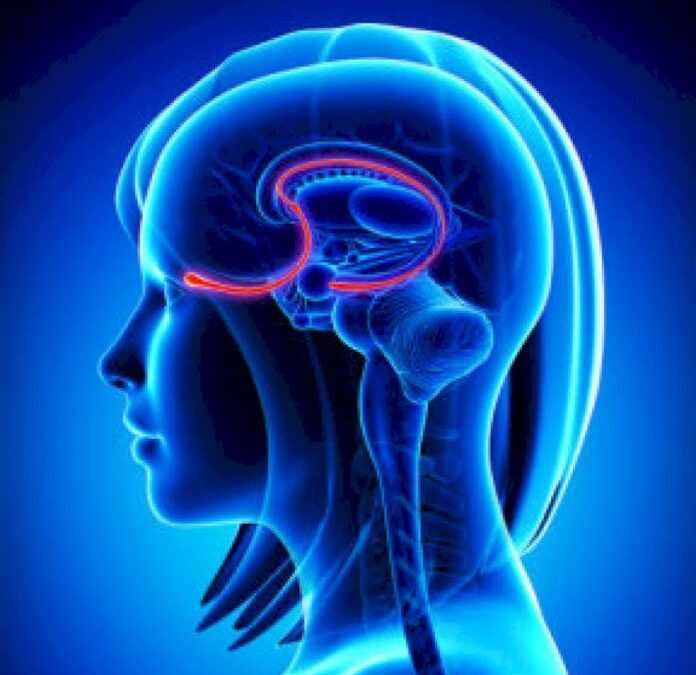That you smell with your brains?
Just like sight, hearing, touch and taste, you only experience smell when the odour signals have reached the receptors of the brain. Smell is then translated by various processes in the brain and other systems through the so-called olfactory sensory system. An odour is first detected in the nasal mucosa, which is located in the upper part of the nose, behind the bridge of the nose. This mucous membrane contains olfactory nerve cells, which send the odour molecules to the brain through holes in the sieve bone. Above the sieve bone there are bulges in the mucous membrane (cilia) where the molecules bind to so-called receptors (special receivers for certain odour molecules). These receptors register the scent signal and convert it into signals that can be processed by the brain. Essential oils have a direct and indirect effect on the brain, releasing substances that can influence our emotional life and our emotions. Thus, among other things, the body’s own morphine-like substances are released, such as endorphins and encephalins. These chemical messengers are substances that have a positive influence on our well-being and help treat anxiety and depression. They are important pain-suppressors. Studies have shown that certain odours have an effect on brain waves. Soothing oils, for example, can change the pattern of brainwaves to a rhythm that leads to rest and tranquillity in humans. More spicy oils, on the other hand, can stimulate brainwaves into active patterns and therefore generally have an uplifting effect. Essential oils contain many active molecules that differ in their effect on the brain and therefore also on our body and psyche. Experience and appreciation of fragrances therefore differs from person to person.
